Description
ABSTRACT
Compelling Non-Signatories to Arbitral Proceedings in Nigeria
Lawal Ijaodola* and Oluwaseun Oyekan**
The basis of any arbitration in Nigeria is a written agreement between two or more parties to resolve their disputes by arbitration. On 11 December 2018, the Court of Appeal (Coram: Abdu Aboki JCA (as he then was, now JSC); S. J. Adah JCA; and Emmanuel A. Agim JCA (as he then was, now JSC)) (the “Court of Appeal”) in Metroline (Nig.) Ltd. v Dikko (“Metroline”) held that an arbitral award was binding on a non-signatory to the arbitration agreement. The Supreme Court of Nigeria declined to hear the appeal against the decision in Metroline. In this article, the authors appraise Metroline and conclude that the reasonings of the Court of Appeal in Metroline are not justified by statutes or judicial precedent. The authors also examine instances where non-signatories may be compelled to arbitration in Nigeria and found that none of them was present in Metroline. However, the authors note that the reasonings in Metroline could be salvaged by three principles which, although alien to Nigerian law, could justify the decision in Metroline.
Keywords: Arbitration, Agreement, Court of Appeal, Dispute, Arbitral Proceedings, Supreme Court.
INTRODUCTION
The decision of the Court of Appeal in Metroline is worth examining, mainly because an appeal to the Supreme Court of Nigeria was lodged against the decision of the Court of Appeal in Metroline, but the Supreme Court of Nigeria (Coram: Rhodes-Vivour; Peter-Odili; Ariwoola; Okoro; and Abba-Aji JJSC) declined to hear that appeal on technical grounds, without resolving the issues arising from the judgment of the Court of Appeal.1 The effect of this is that the principle of law posited by the Court of Appeal on the subject constitutes the judicial precedent in Nigeria until it is either modified or overruled by the Supreme Court of Nigeria in a subsequent appeal. The Court of Appeal, by its decision, raises the concern that a new exception may have been inadvertently established in Nigeria to compel non-signatories to arbitration.
Courts are duty-bound to interpret and give full effect to the intention of parties contained in a contract, not to add or subtract from it.2 Only parties to a contract can be made parties to an action arising out of the contract to enforce rights and obligations under the contract. Courts are not allowed to make a non-party to a contract a party to an action arising from that contract.3 Consequently, this principle prevents a non-signatory from enforcing a contract in respect of which it is not a party and prevents a party from enforcing a contract against a non-signatory. There are already established exceptions to this principle which will be discussed later in this paper.
* PhD, BL. BCL Student at the University of Oxford, United Kingdom. Email: ij***********@***il.com.
** LLM Student at Nottingham Trent University, United Kingdom. Email: ol**************@***il.com.
- . See Metroline (Nig.) Ltd v Dikko [2021] 2 NWLR (pt 1761) 422.
- Okolo v UBN Ltd. [2004] 3 NWLR (pt 859) 87.
- Nweke v Nweke [2014] LPELR – 23563 (CA); Bascino Motors v Woermann Line [2009] 13 NWLR (pt 1157) 149.

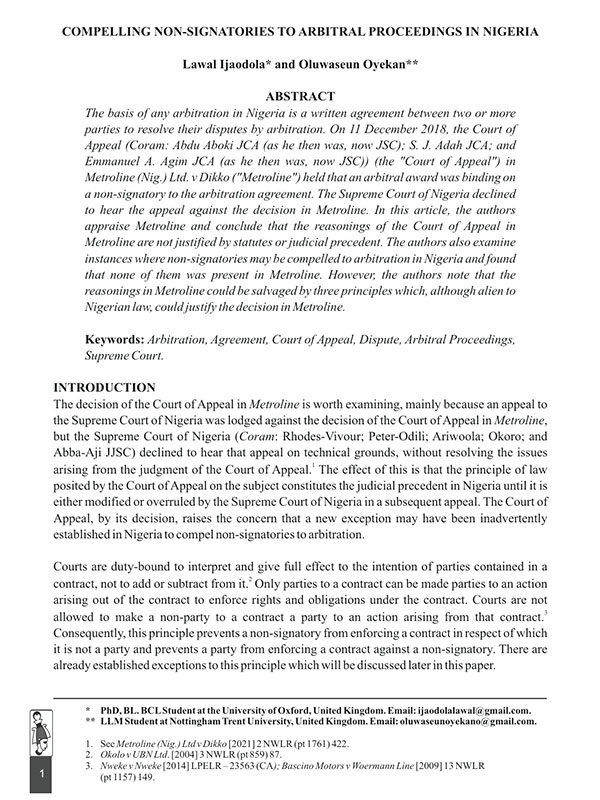
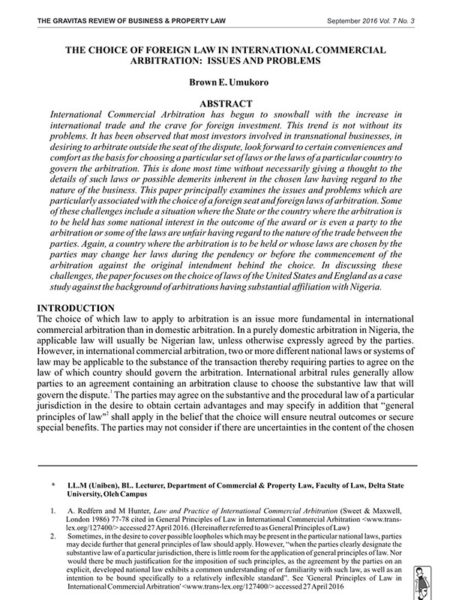
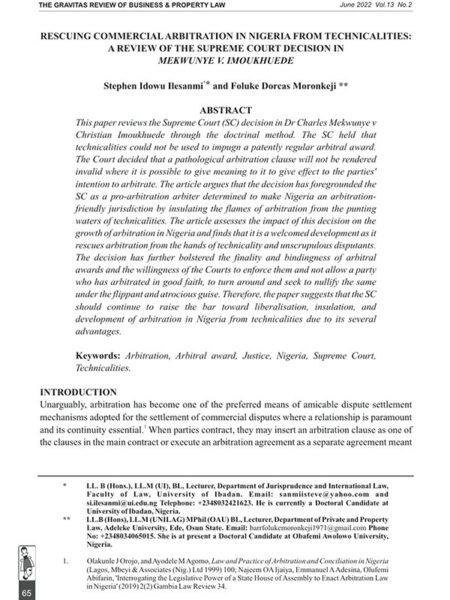
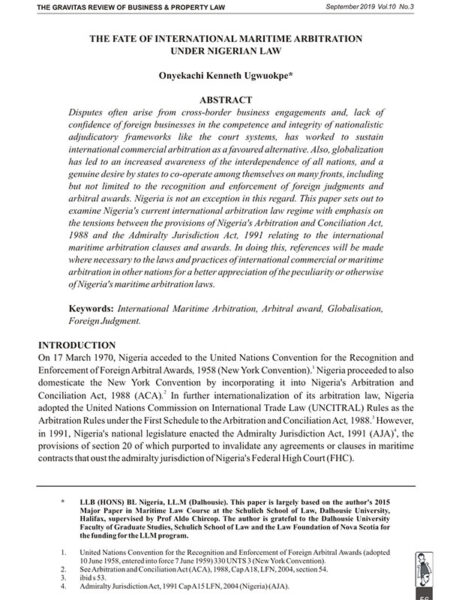
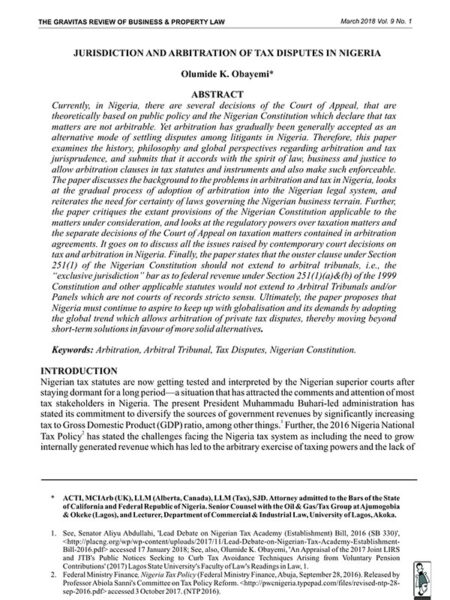


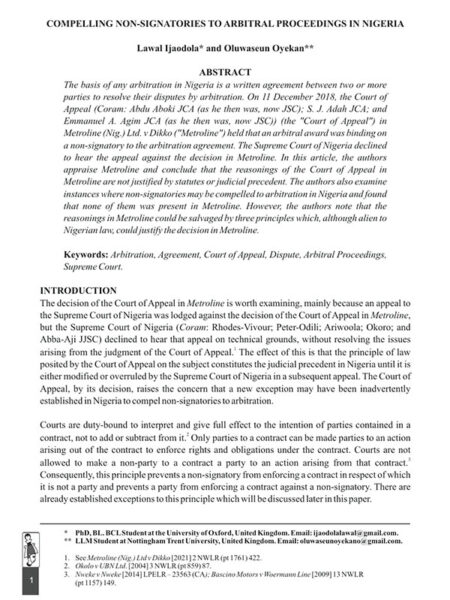
Reviews
There are no reviews yet.